About
Gray’s Reef National Marine Sanctuary Foundation is a local non-profit partner for NOAA’s Gray’s Reef National Marine Sanctuary and is its chief advocate. The National Marine Sanctuary Foundation provides connections to this remote sanctuary with a local chapter that supports community engagement. Gray’s Reef National Marine Sanctuary Foundation is your portal to discovery, through our education programs, conservation missions, public outreach events, and charitable giving campaigns. Your gift supports the conservation of wildlife and engages the next generation of ocean explorers. Dive in with us and discover the wonders of Gray’s Reef.
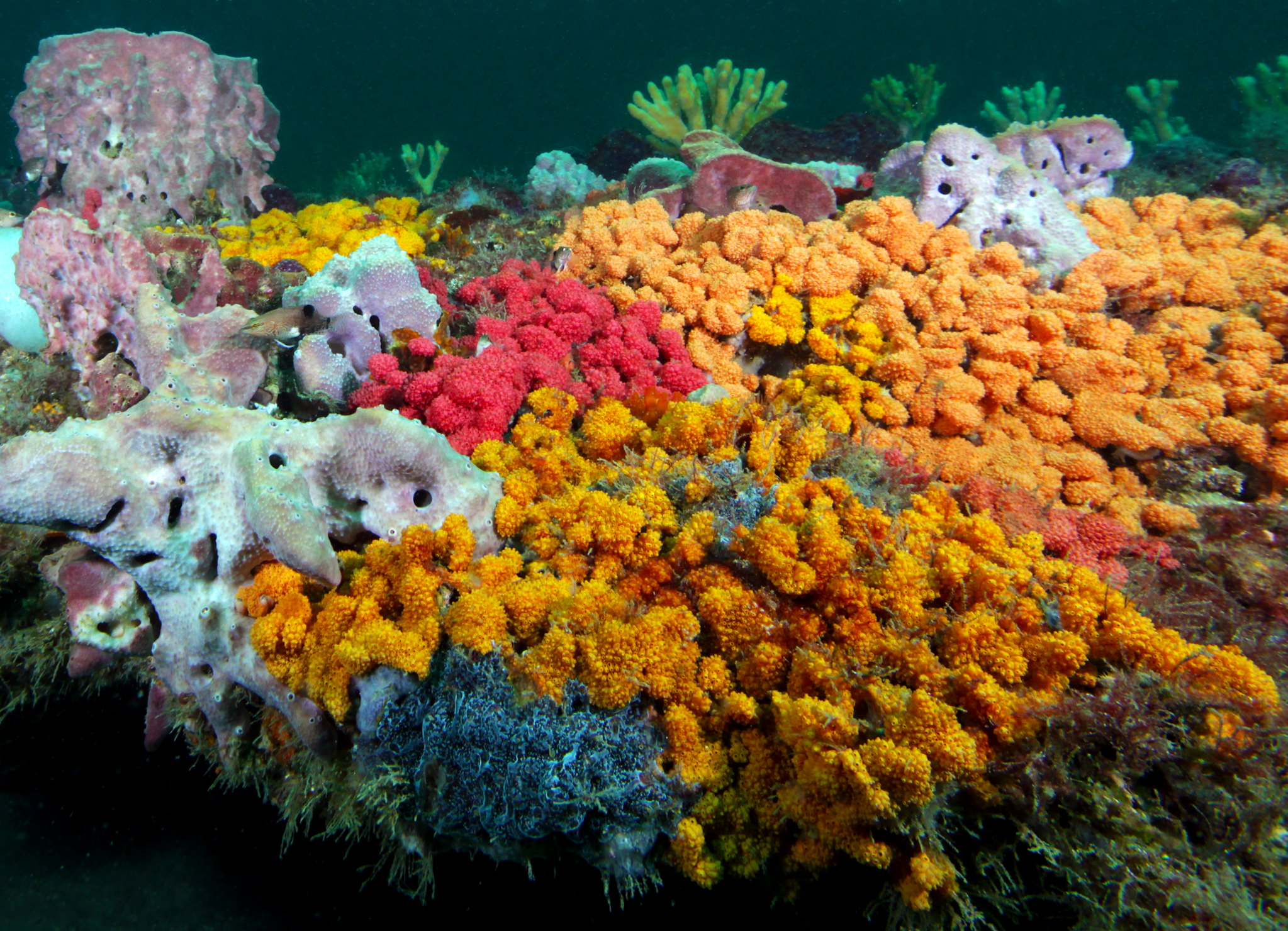
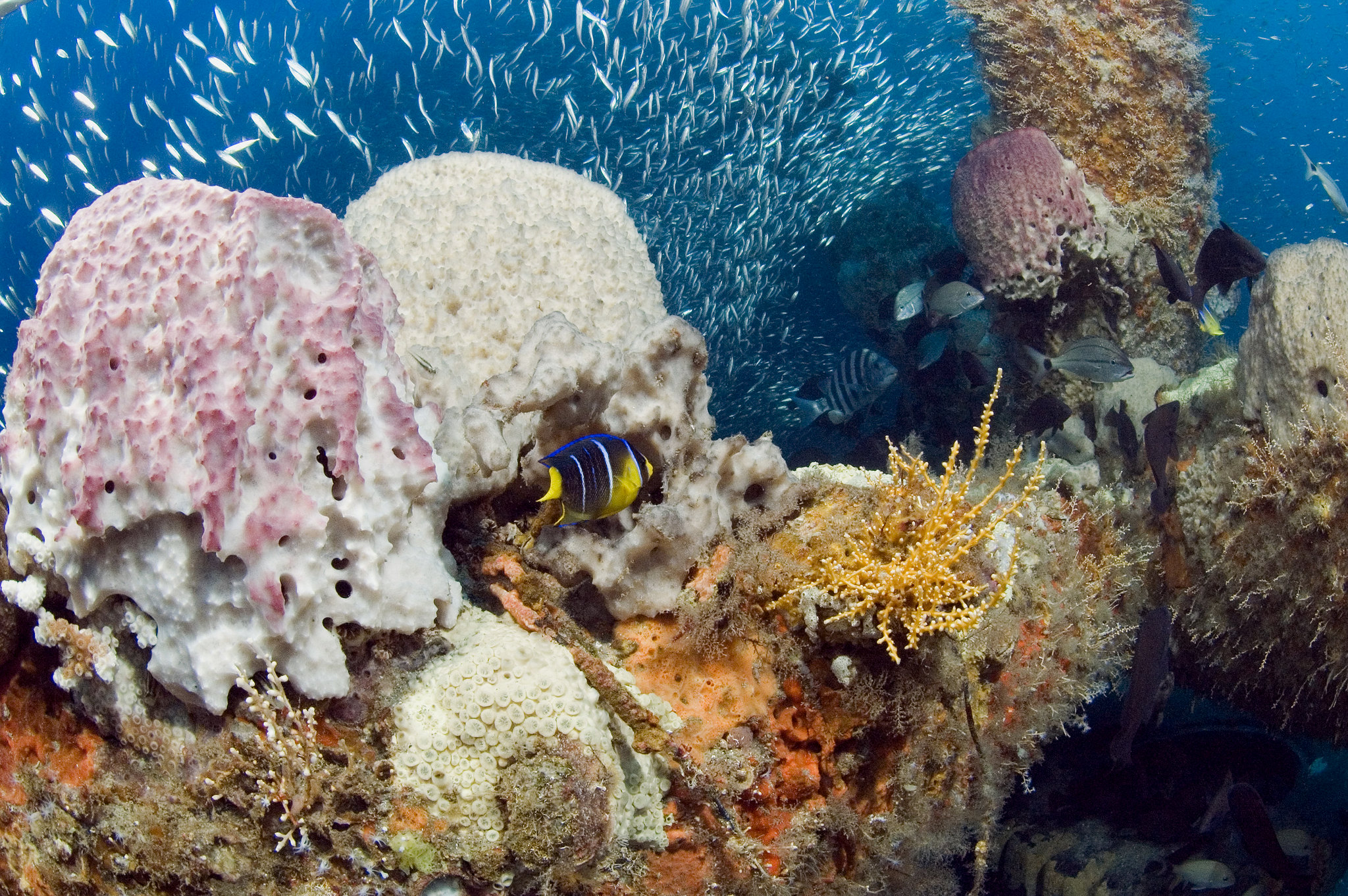
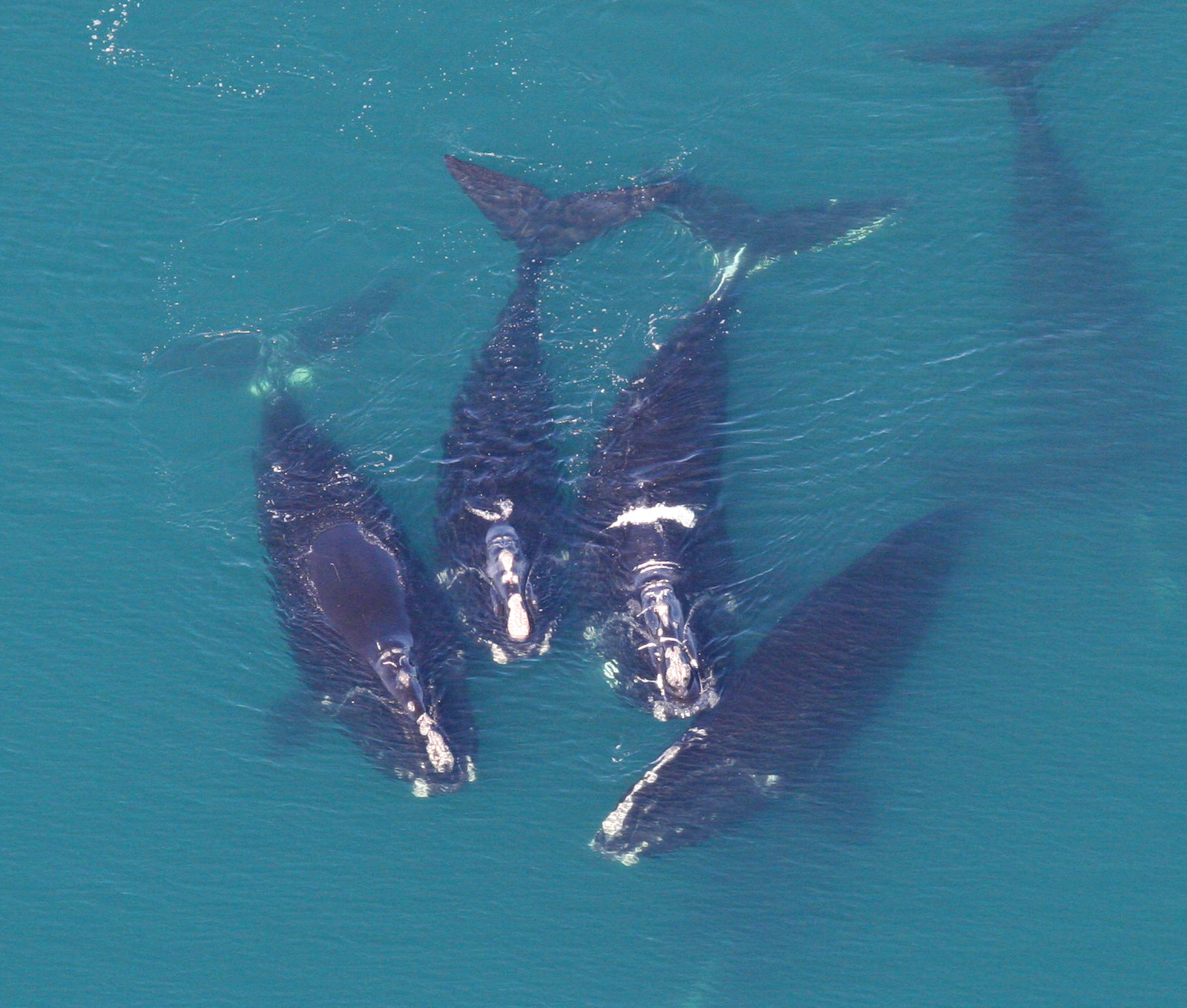
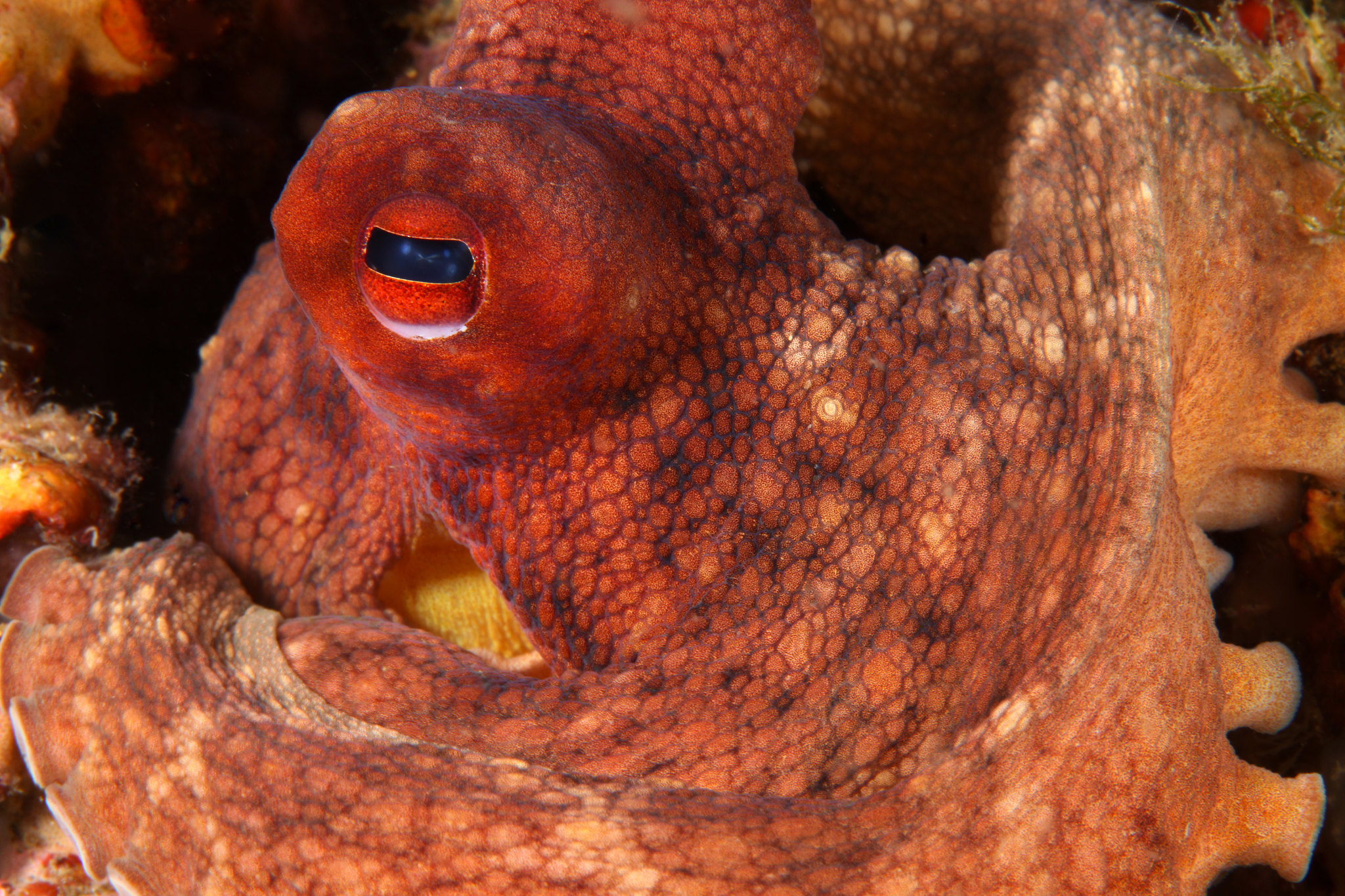
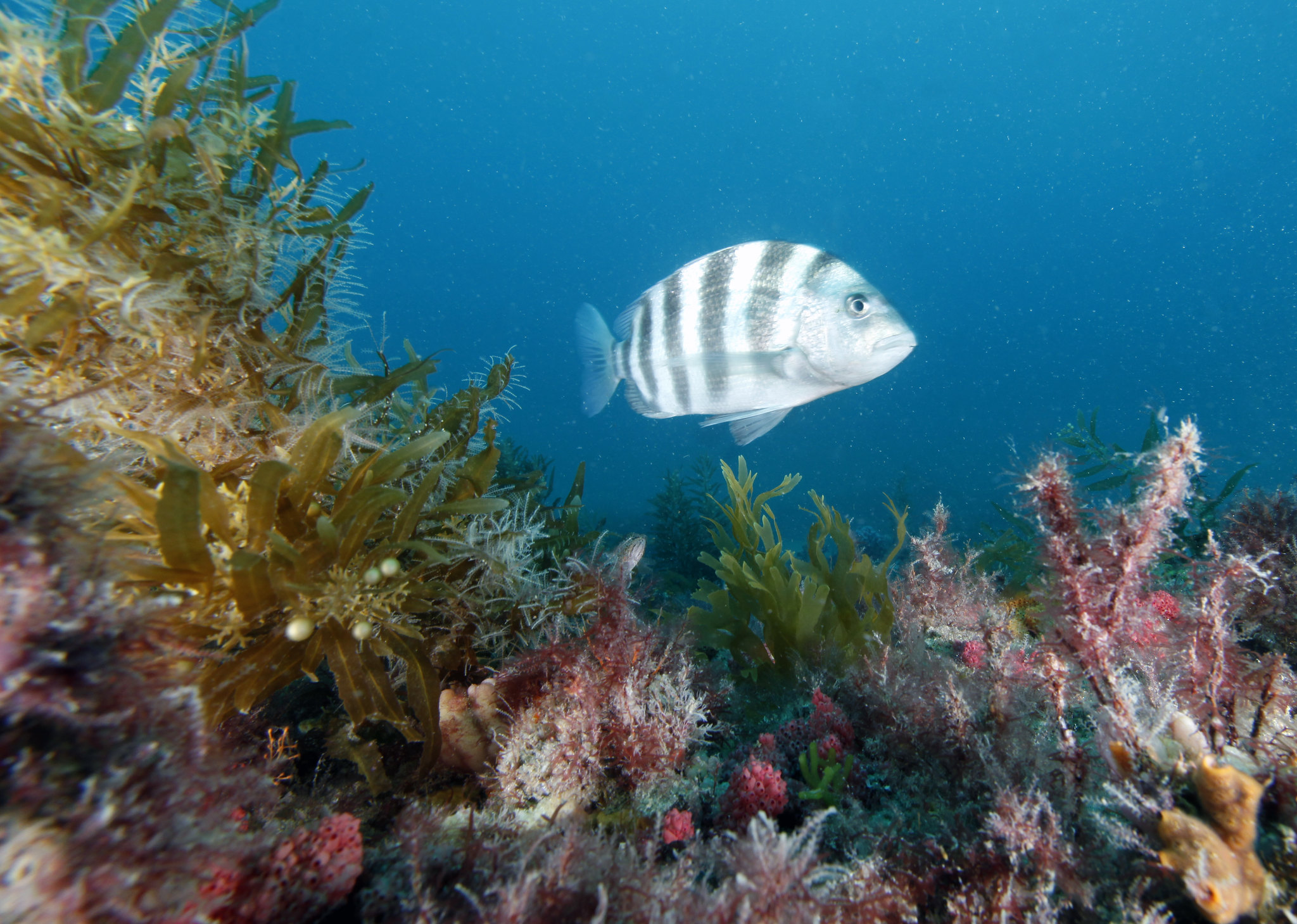
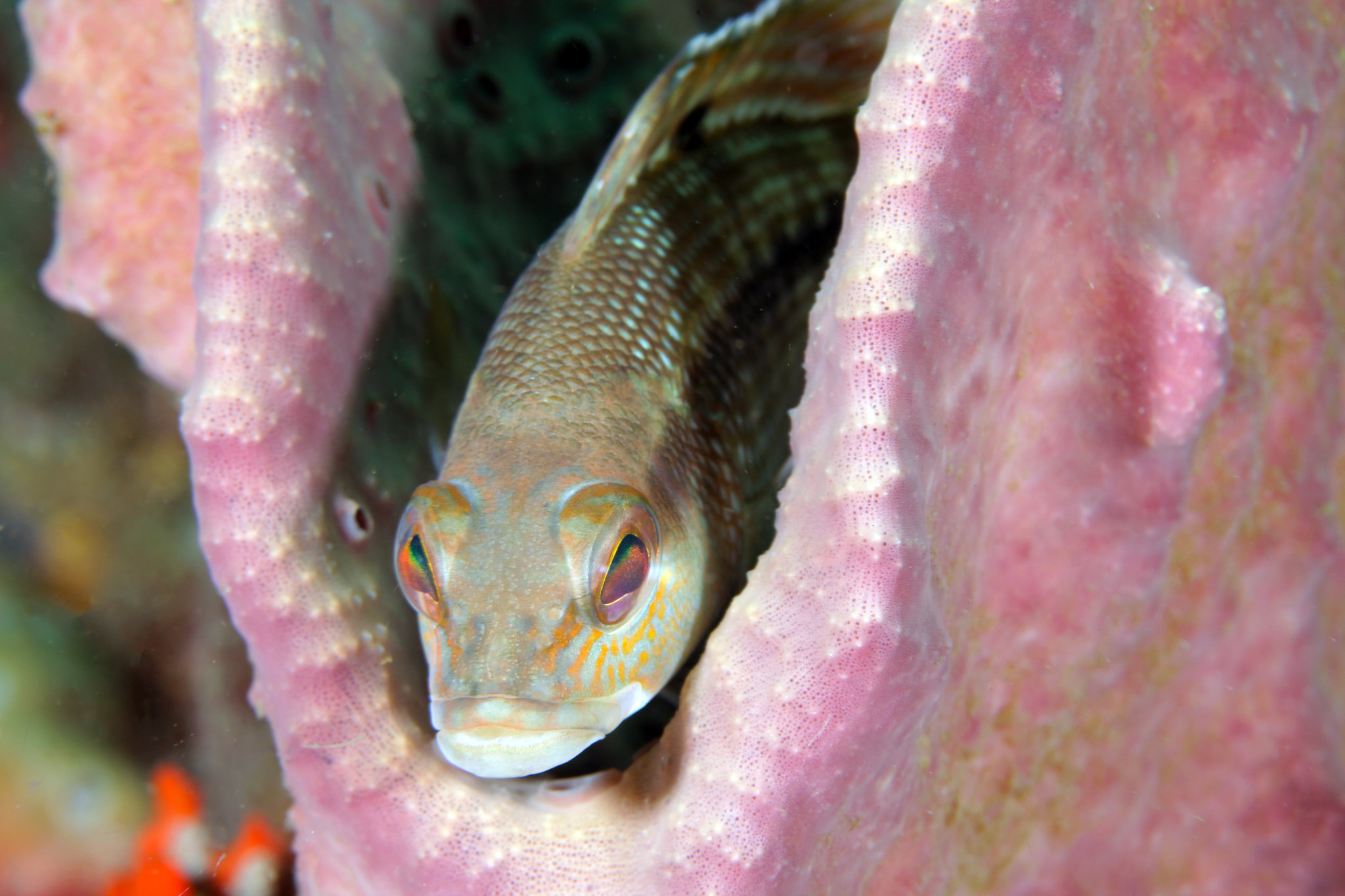
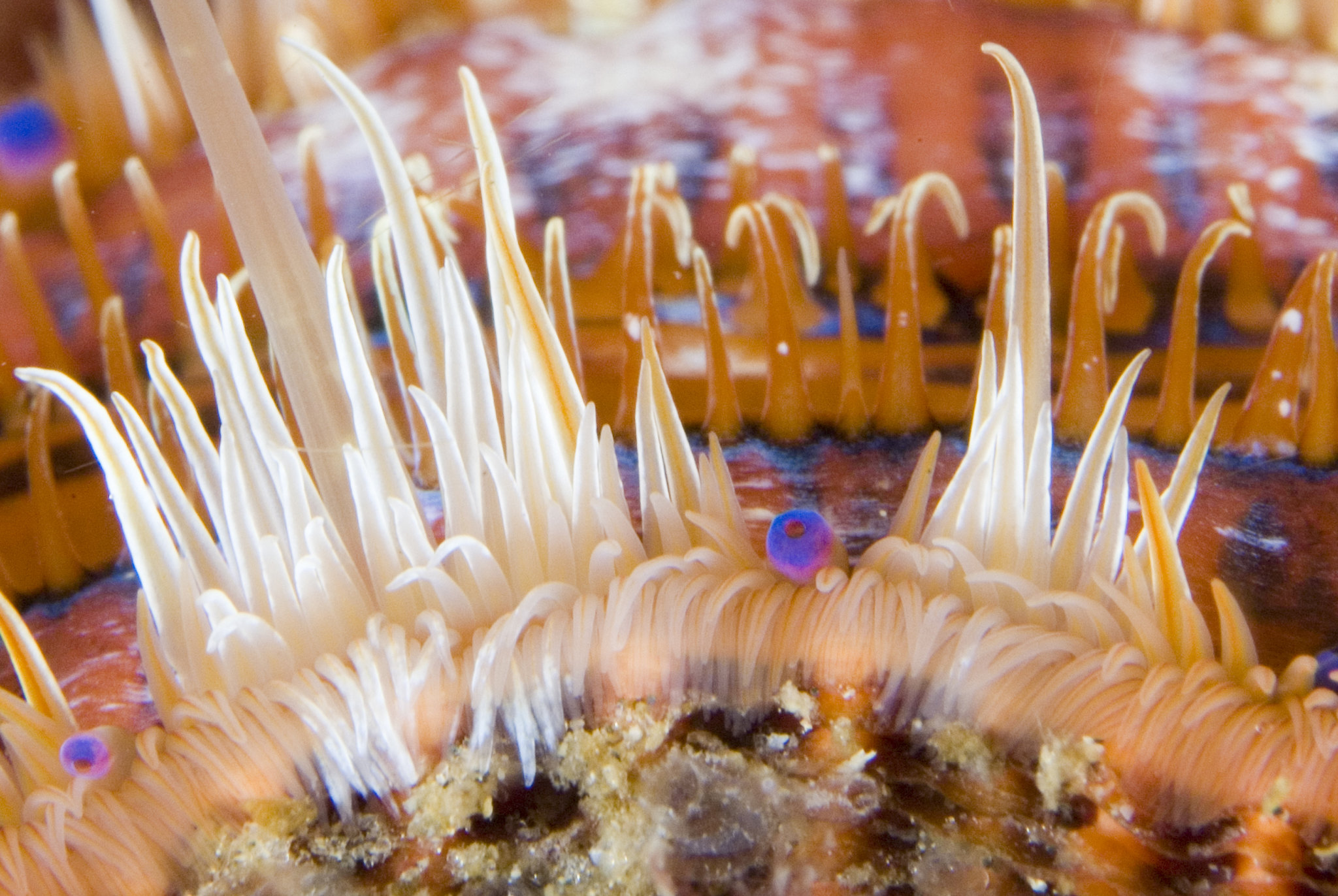
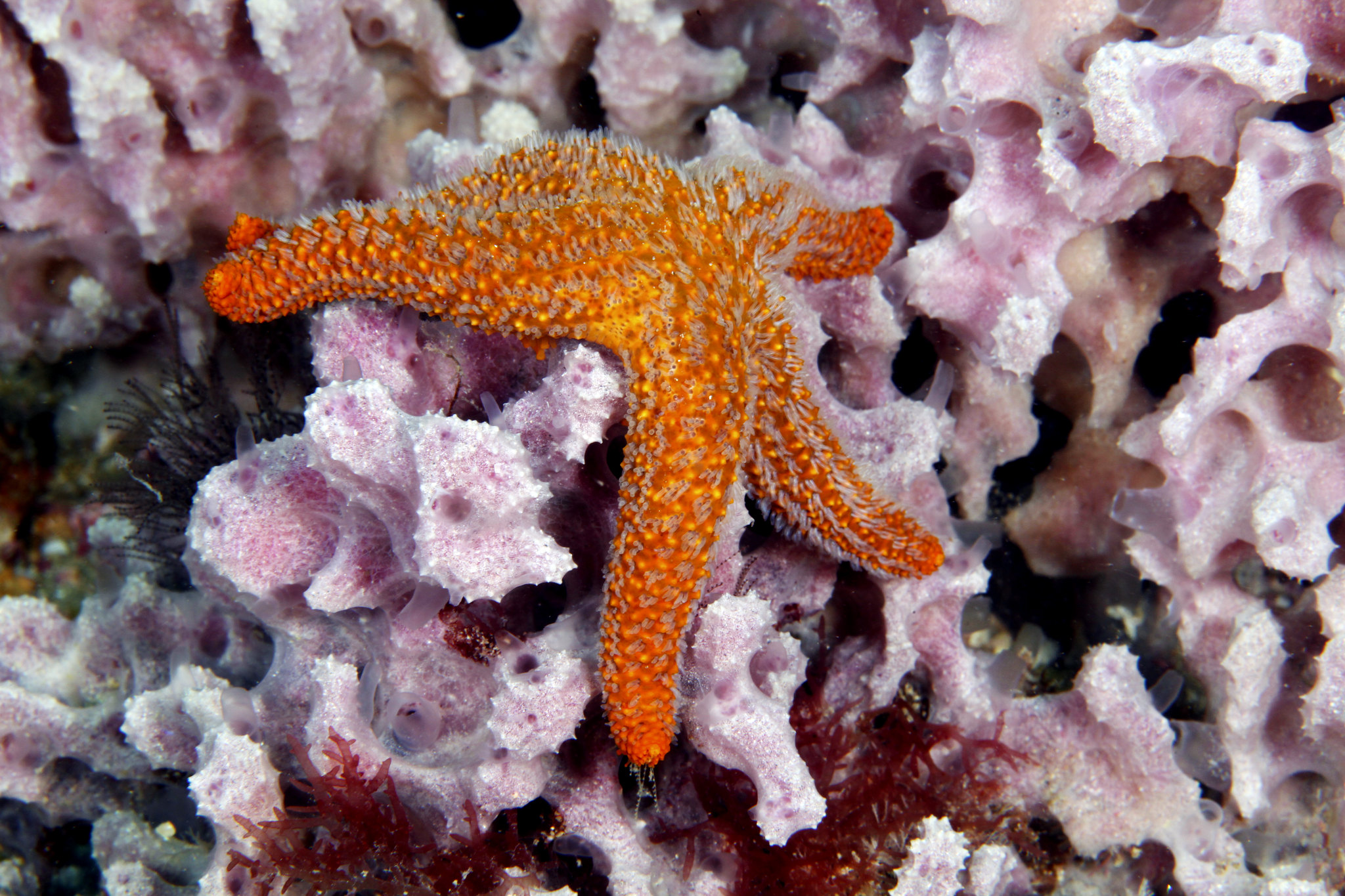
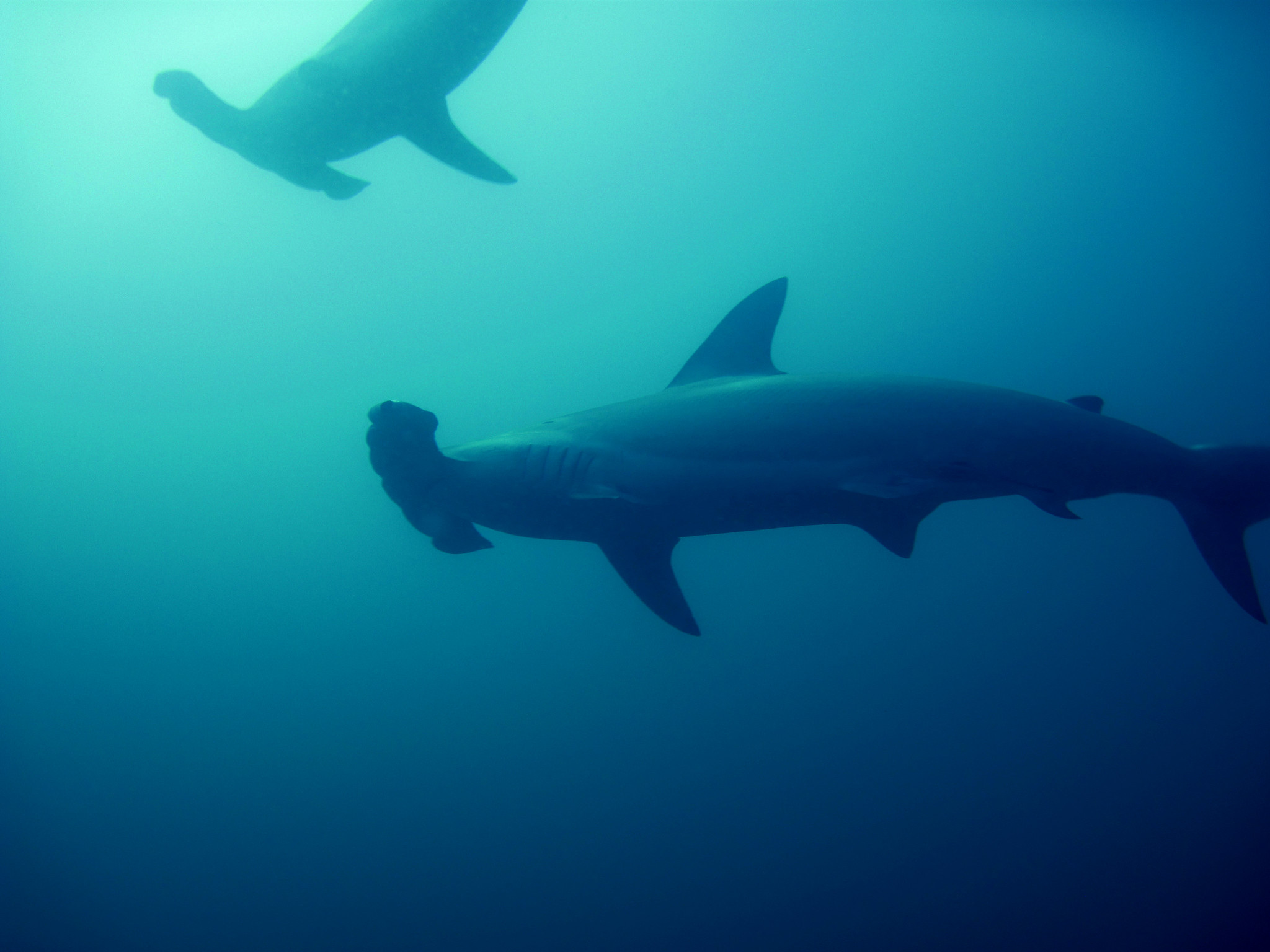

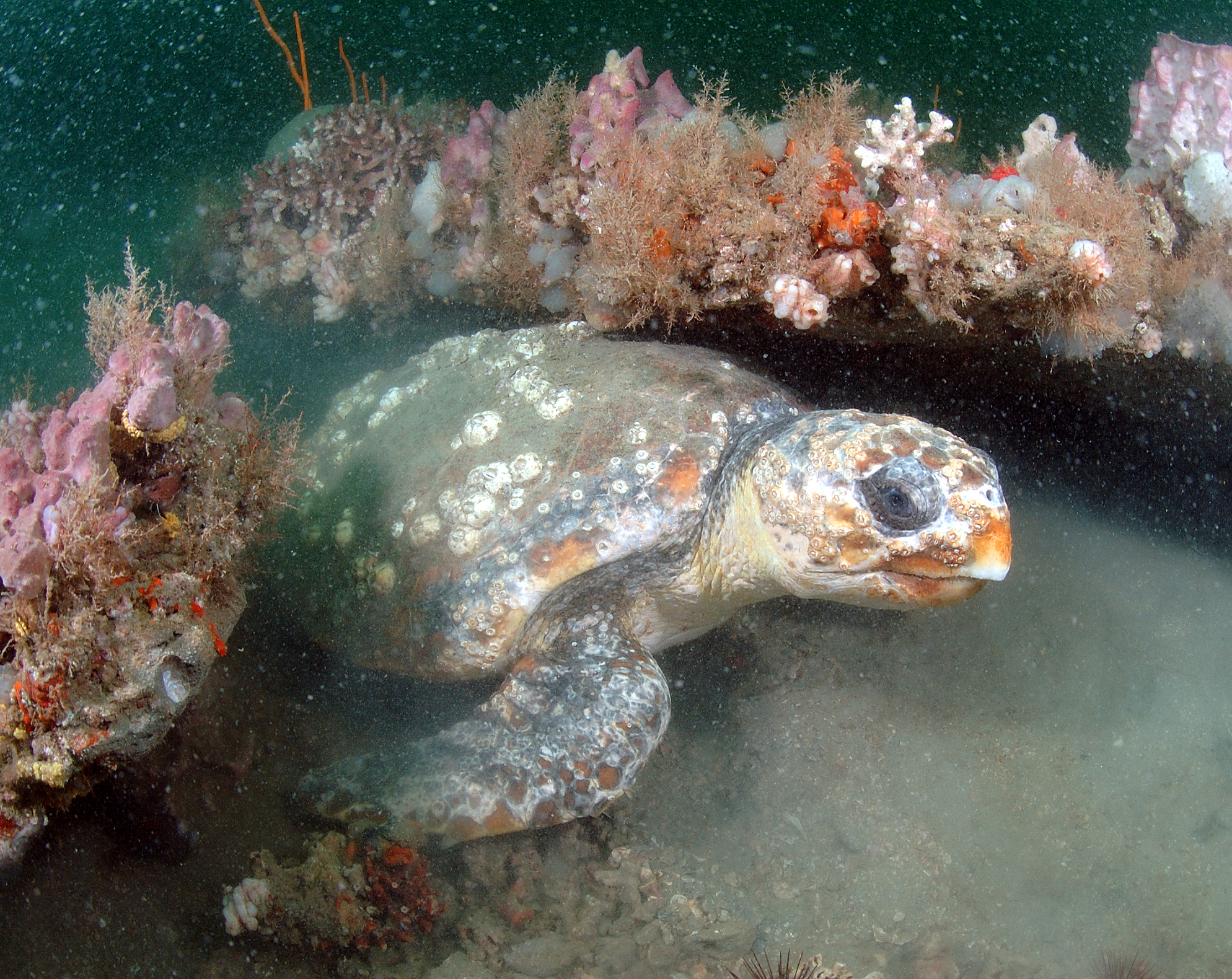
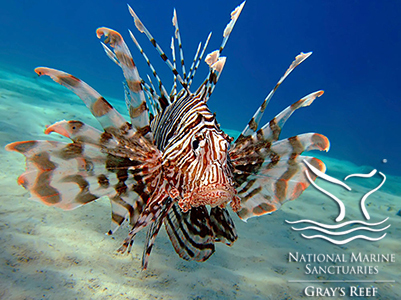
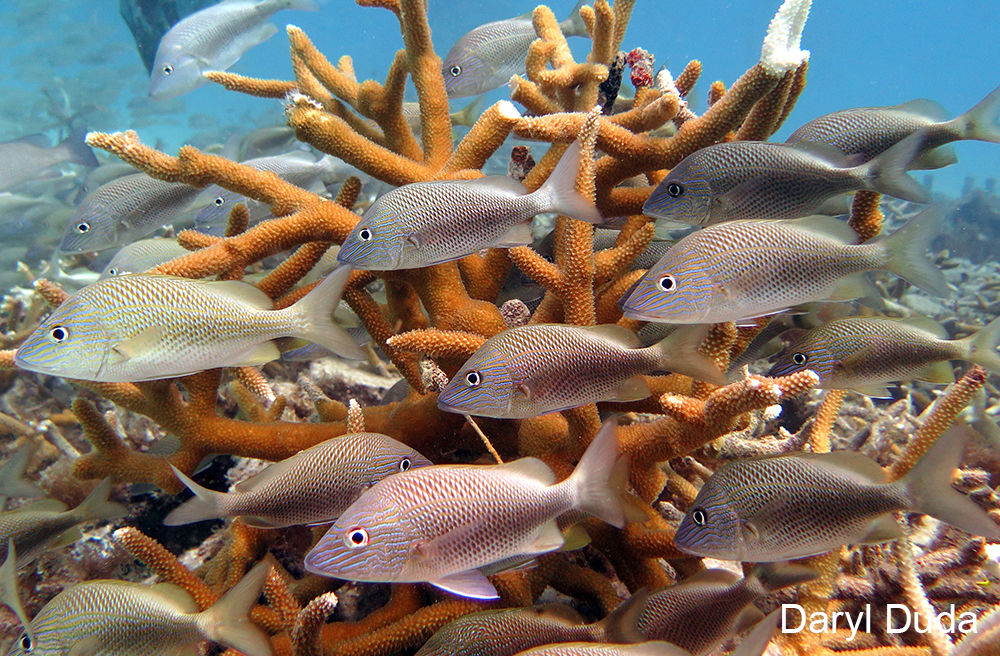
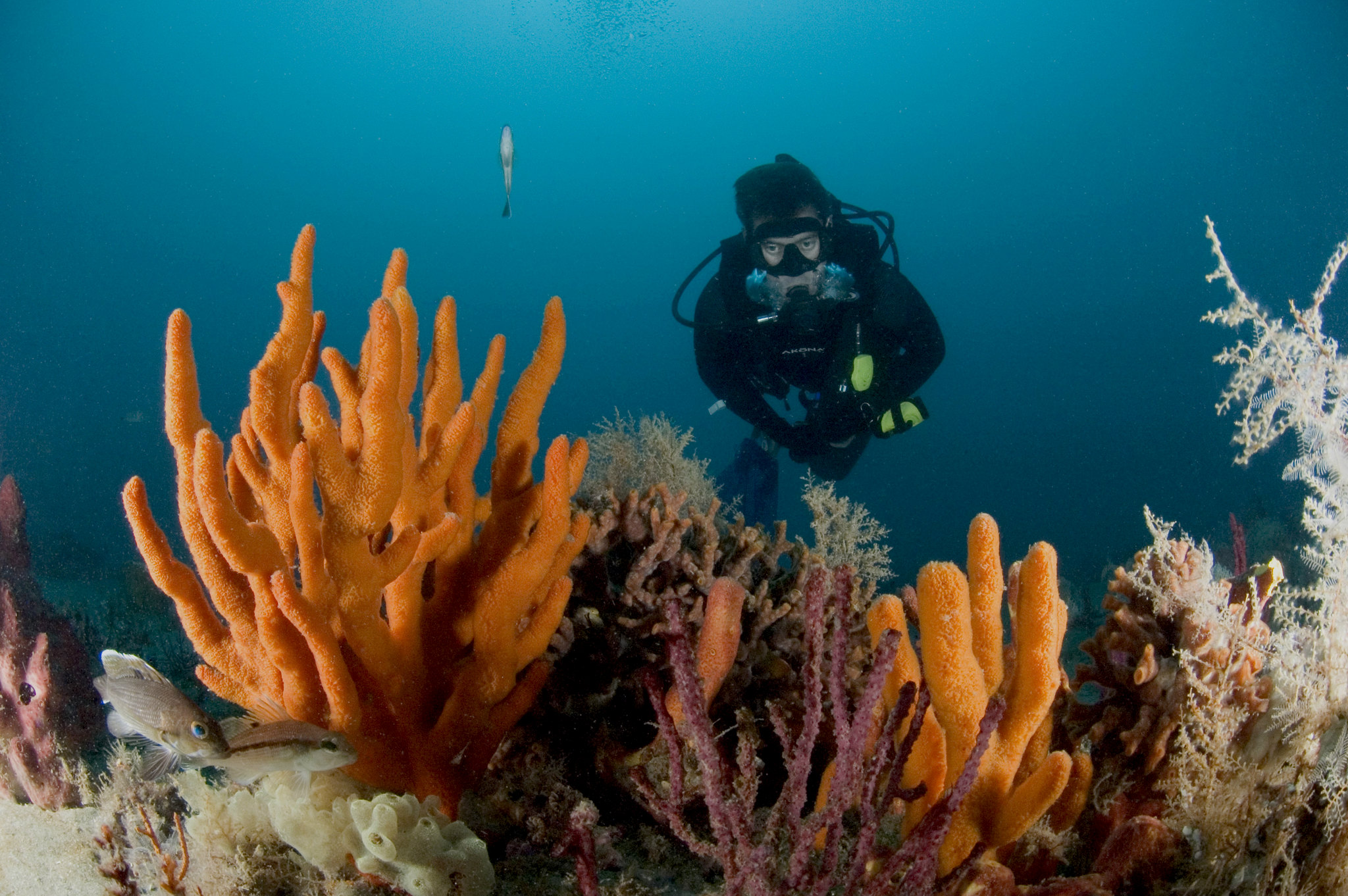

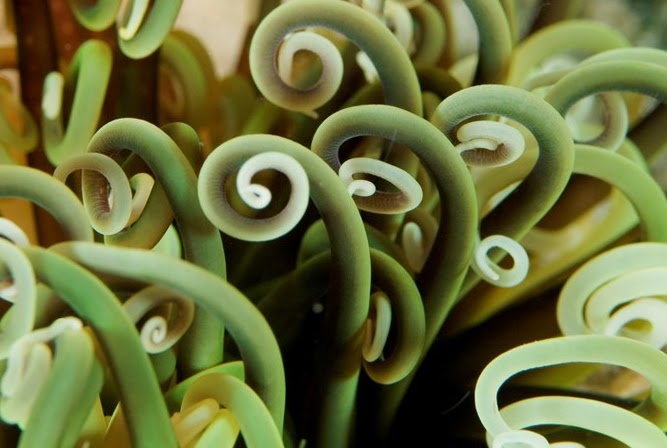
See below for more information about our programs:
One of our first projects in support of Gray’s Reef National Marine Sanctuary was the development of a modular, mobile exhibit for outreach to Savannah locals and visitors alike. The beautiful exhibit features stunning underwater animals and diversity, inspiring visitors to get involved to help protect the ocean and the sanctuary. It educates the community about ocean conservation, our connection to the ocean and the brilliant marine life at the reef. Given the sanctuary’s remote location 19 miles east of Sapelo Island, Georgia, the exhibit brings Gray’s Reef and its ocean wonders to the community.
The exhibit consists of three panels featuring interactive elements, video displays, virtual dives, sounds, light and images that create a memorable experience for the visitor. A 3D loggerhead sea turtle, a goliath grouper and a few other creatures add perspective for the explorer. The experience is complete as the visitor is surrounded by a school of fish with ocean sounds. In February 2017, the mobile exhibit was unveiled at the Gray’s Reef Ocean Film Festival and then debuted at the Live Oak Public Libraries. It has since been showcased at the Coastal Heritage Society’s Savannah History Museum and has engaged thousands of visitors in learning about Gray’s Reef.
Gray’s Reef Ocean Film Festival brought together films, fans, and filmmakers to Savannah, Georgia, for over a decade in a celebration of our ocean planet. Past events filled the historic theaters with 3D cinematography, celebrity speakers like Jean-Michelle Cousteau, and the best examples of underwater exploration, storytelling, and conservation captured on film. Thousands of local school children, community members, and emerging filmmakers were exposed to the beauty and challenges of our ocean ecosystems through Ocean Film Festival events with sponsorship and funding made available through the Gray’s Reef National Marine Sanctuary Foundation.
The Red Lionfish is native to the tropical waters of the South Pacific and Indian Oceans. They are popular in home aquariums, but are now invading ecosystems throughout the Atlantic coast and Caribbean. Lionfish threaten the natural biodiversity of our ocean by consuming up to 20 juvenile fish, like snapper and grouper, per day. While completely removing lionfish from Atlantic and Caribbean waters is unlikely, reducing their numbers is critical to the health of our ocean and Gray’s Reef. Gray’s Reef National Marine Sanctuary Foundation’s popular lionfish dinner, A Fishy Affair, launched in 2015 and repeated annually through 2019 to sold-out crowds. The event features many of Savannah’s notable chefs who cook up their best lionfish dish to encourage both restaurants to put the “malicious but delicious” fish on their menus, and patrons to request new and sustainable seafood options.
A Fishy Affair is a sustaining fundraising event for the Gray’s Reef National Marine Sanctuary Foundation and direct benefit to our local, sustainable seafood industry. Supporting our blue economy means promoting sustainable use of ocean resources for economic growth, improved livelihoods, and jobs while preserving the health of ocean ecosystems.
Gray’s Reef National Marine Sanctuary, the Foundation, and its partners support STEM education by hosting Marine Advanced Technology Education (MATE) ROV Competitions for students, and have provided professional development training for educators in the southeast U.S. for over 16 years. Our goal is to instill the value of our water, wildlife, natural habitats and the importance of making responsible choices for resource sustainability with current and future generations. Broader impact objectives include preparing students with 21st century job skills, an advanced career in a STEM subject, and a respect for our ocean planet.
The ocean economy is large and diverse, accounting for 20% of our national economy and supporting one in six jobs in the U.S.. By preparing students and educators with STEM learning experiences, we prepare the next generation of ocean stewards with the tools needed to ensure a healthy global ocean. Marine vocational training and opportunities for STEM educational advancement boosts local economic development by preparing a qualified workforce while driving technological innovation and awareness of ecological threats. These skills help our local economy remain resilient while building environmentally sustainable communities.
Education can take many forms and be directed to a broad audience. Virtual outreach and engagement during COVID-19 resulted in Gray’s Reef National Marine Sanctuary Foundation developing the Science on Tap series: happy hour events launched online in August 2020. Our series features a variety of ocean research topics and a flight of underwater university experts to lead discussions with audiences about scientific projects underway in Gray’s Reef National Marine Sanctuary, including a recent conversation on ocean acoustics. Science on Tap events offer easy exploration into complex subjects with engaging speakers and immersive experiences.
Gray’s Reef National Marine Sanctuary is one of seven national marine sanctuaries currently involved in NOAA’s Underwater Sound Monitoring Program which aims to better understand the soundscape of our ocean sanctuaries. The program is a partnership between NOAA and the US Navy to further understand effects to marine mammals from sonar technology and other man-made sources of noise. The effects of noise on marine organisms remains poorly understood, and further research is necessary to determine how anthropogenic (human) noise influences life in our ocean. The project is also intended to collect a baseline catalog of ocean sound.
Gray’s Reef National Marine Sanctuary Foundation developed Sanctuary Soundscapes to complement this NOAA data and invite the public to listen to the acoustic soundscape recordings in the underwater sound monitoring study, contribute to the research data in our study, and find their own discoveries. Our Sanctuary Soundscapes sampler is featured on SoundCloud and introduces the most common sounds at Gray’s Reef, and our crowdsource playlists give you the opportunity to listen, comment, and share. Citizen Scientists and students are offered a deeper dive into the project data analysis by registering for the Gray’s Reef Sanctuary Soundscapes volunteer project where they are provided with a web training tutorial, and allowed to submit data observations in this community crowdsourcing project. The featured species of concern highlighted through this program is the critically endangered North Atlantic right whale.

